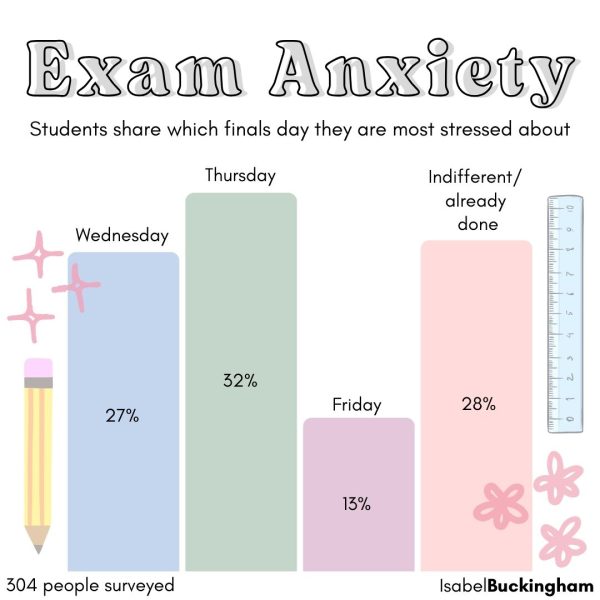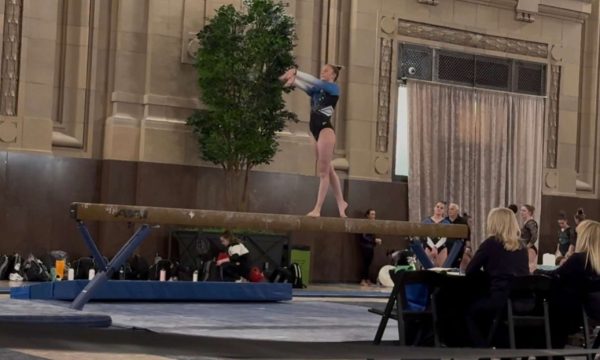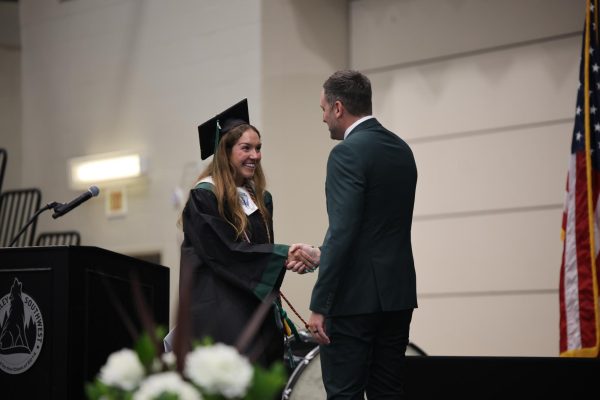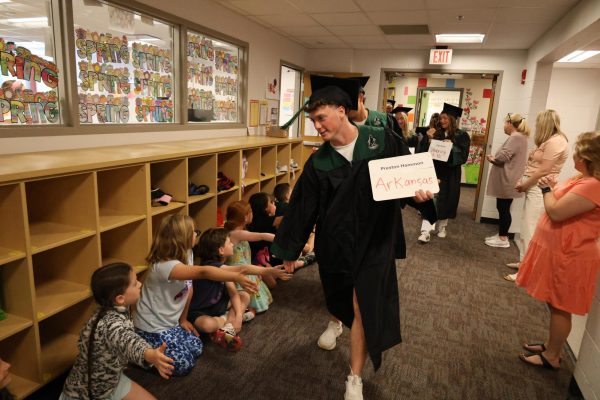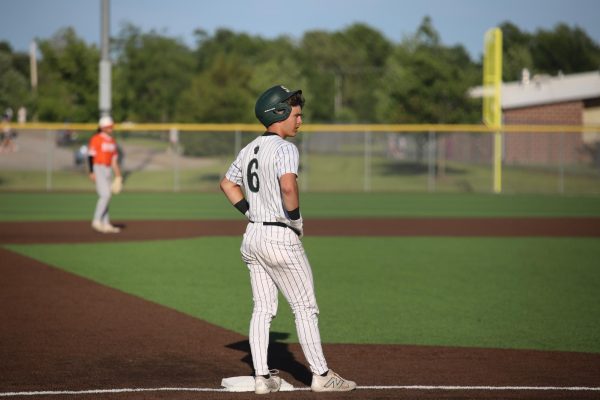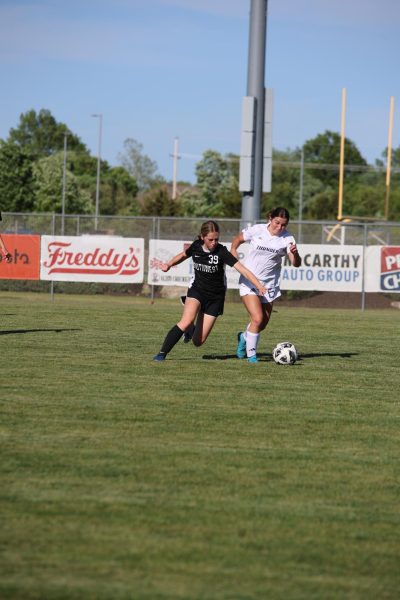coaches and athletes give opinions on district substance abuse agreement
In the 2014-2015 school year, Blue Valley finalized a Substance Abuse Agreement for student athletes. This was made to give athletes fair punishments, allow athletes a chance to fix their mistakes and give the coaches an outline to their team’s substance abuse policy.
New baseball coach Tyler Kincaid said he thinks the district should have an overall policy that allows coaches some wiggle room with opportunity to manage their program the way they see fit.
“Some coaches are going to have some leniency toward that, some coaches are going to be a little more stricter to that,” Kincaid said. “But, as that head coach to that program, you still have to set a guideline structure of what your expectations are, should that occur I think you’re fine.”
The agreement states athletes are given three chances before any long-term punishments are made. The first offense states the athlete will be suspended for no more than half of a season. The second offense causes the athlete to be suspended for no more than a full season. The third offense has the athlete suspended for 365 consecutive days. However, Kincaid said his policy differs on the third offense.
“If you have three offenses in a short time span, I think there’s a lot more going on in your life and a lot more that needs to be corrected and behavior changed,” Kincaid said. “So, our [policy] is going to be an indefinite suspension should the third time occur.”
Most coaches follow the first and second offense, but all coaches have different expectations for their teams. Whether that be three chances to none, each coach can set those expectations. Softball coach Shari Schaake said she has a “two strike rule,” where the athlete is suspended after their second offense.
“They can still be part of the program, but they wouldn’t necessarily get to play because I do have those conversations with them, I tell them what my expectations are,” Schaake said.
Those expectations are different for each coach. Schaake said learning from mistakes is the best way to have positive outcomes.
“I think as long as you have a good conversation with the kid and make sure they know that ‘Hey, this is the expectation,’ and give them the opportunity to rectify it and fix it and do something better, then I think that is fair,” Schaake said.
From a coach’s perspective, learning from mistakes is a big part in growth, however an athlete may see it differently. Senior Peyton Renzi, who is on the softball team, said she thinks it unfair to give athletes three chances.
“I definitely agree that [the policy] should be more strict,” Renzi said. “I think that one chance is enough. I think that if you know what’s right, you should be able to follow through with that.”
Some athletes believe the punishment should be determined by the offense, but in the end the coach is in control of what happens. This could be enforcing less punishment or more than what is recommended by the agreement.
“If [the student] feels [they] really need to [break the contract] over my sport — because it’s a team sport — I think they’re letting down the whole team, they’re not just letting down themselves,” Shaake said. “I give them that opportunity to fix it, but if they don’t, they’re choosing something else over me and their teammates.”



